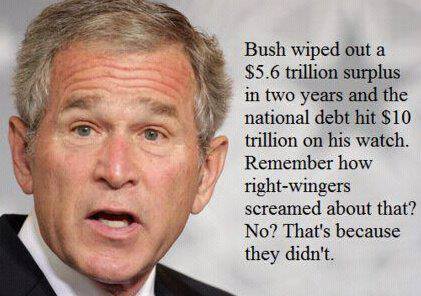How Movie Sex Replaced Movie Violence

The Article: The Movie Club by Wesley Morris in Slate.
The Text: So because I’m miserable at scheduling and really good at overscheduling, this has to be my last post. I leave for the Sundance Film Festival today. But before I go I want to pick up a strain from Dana’s post and talk about something very important. Concussion is very smart and often very hot. That was something I felt over and over this year: It was a good year for the libido. Sometimes, it was an actor, sometimes a mood, sometimes a whole movie.
For two or three years toward the end of the last decade violence had replaced sex as the most viable way for characters to communicate with each other. A distributor can better circulate gunfights, shootouts, etc. than it can sex, especially as our movies have become international mega-productions. But this year, you can feel sensuality in both the masterpieces and the crap. The biggest thrill in American Hustle is the way these actors keep burning holes into each other. Amy Adams, who somehow acts her way past all that cleavage, slinks back into Christian Bale’s office, locks eyes with him, and becomes another woman.












